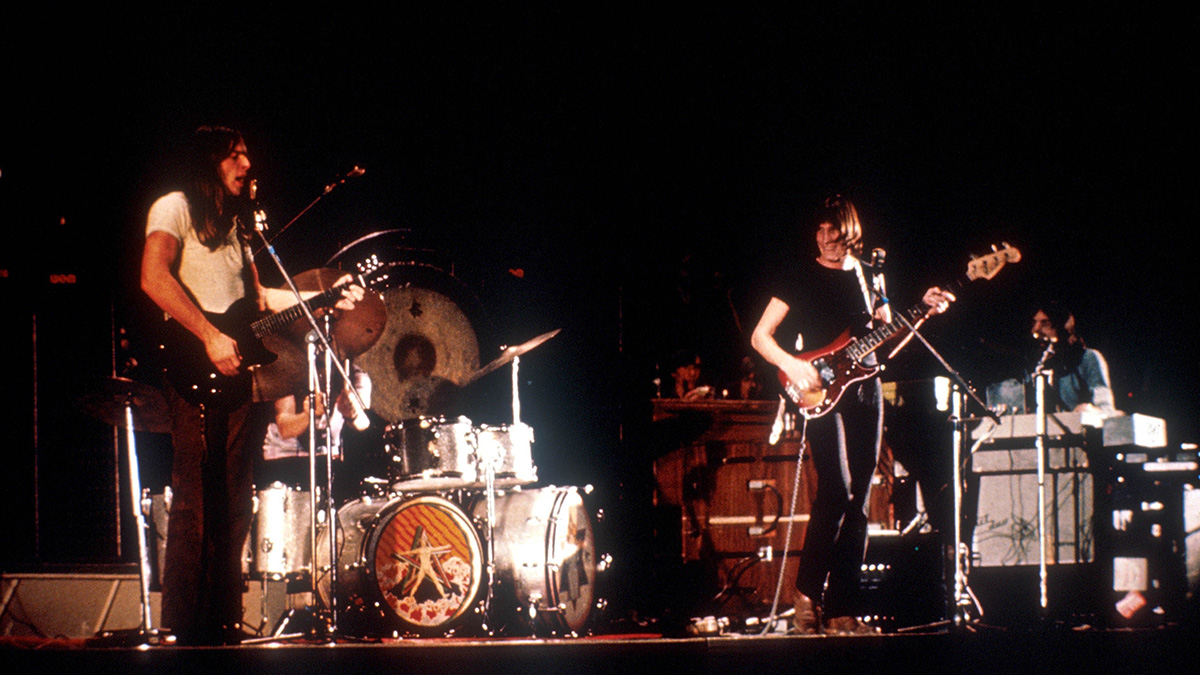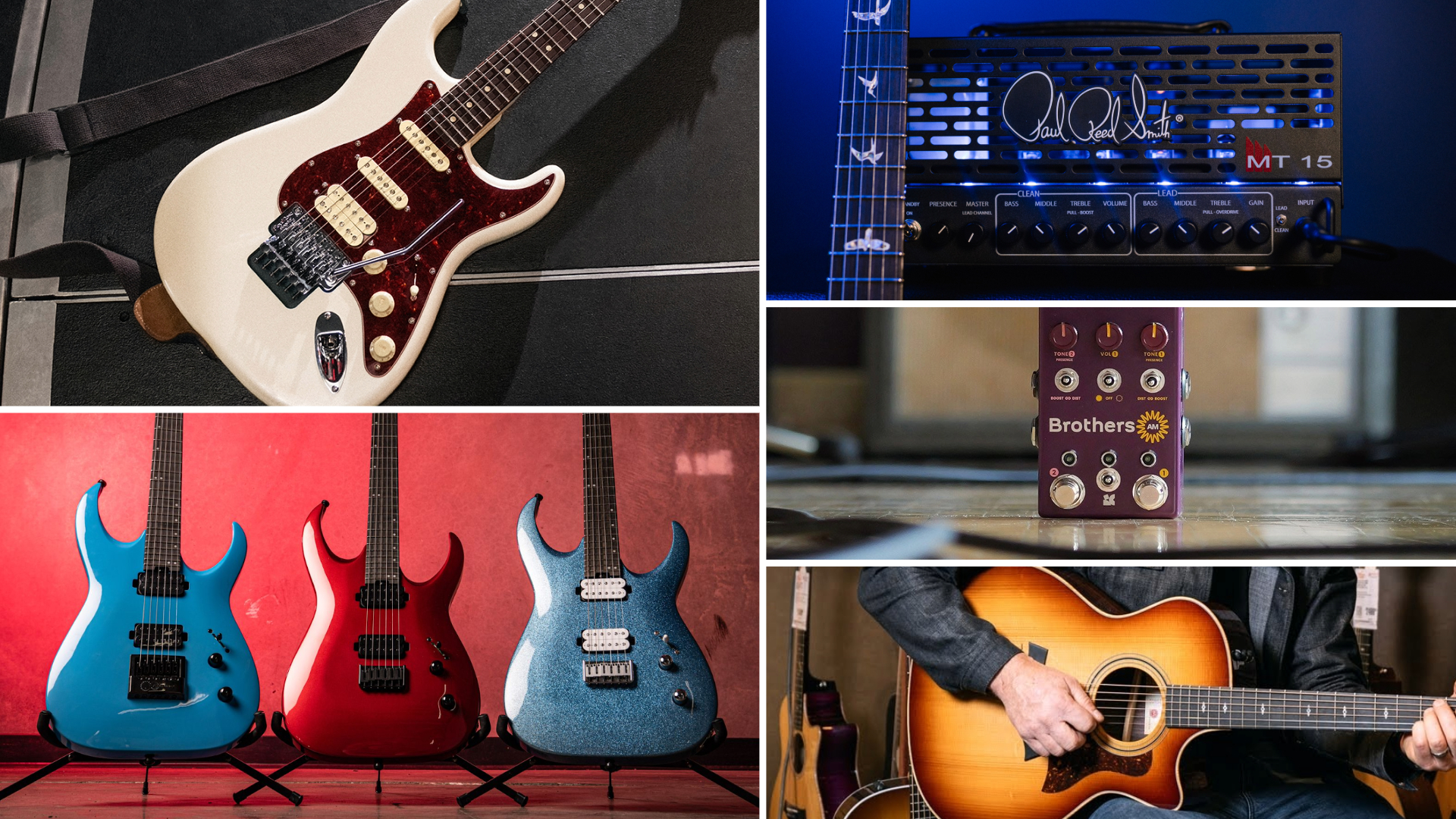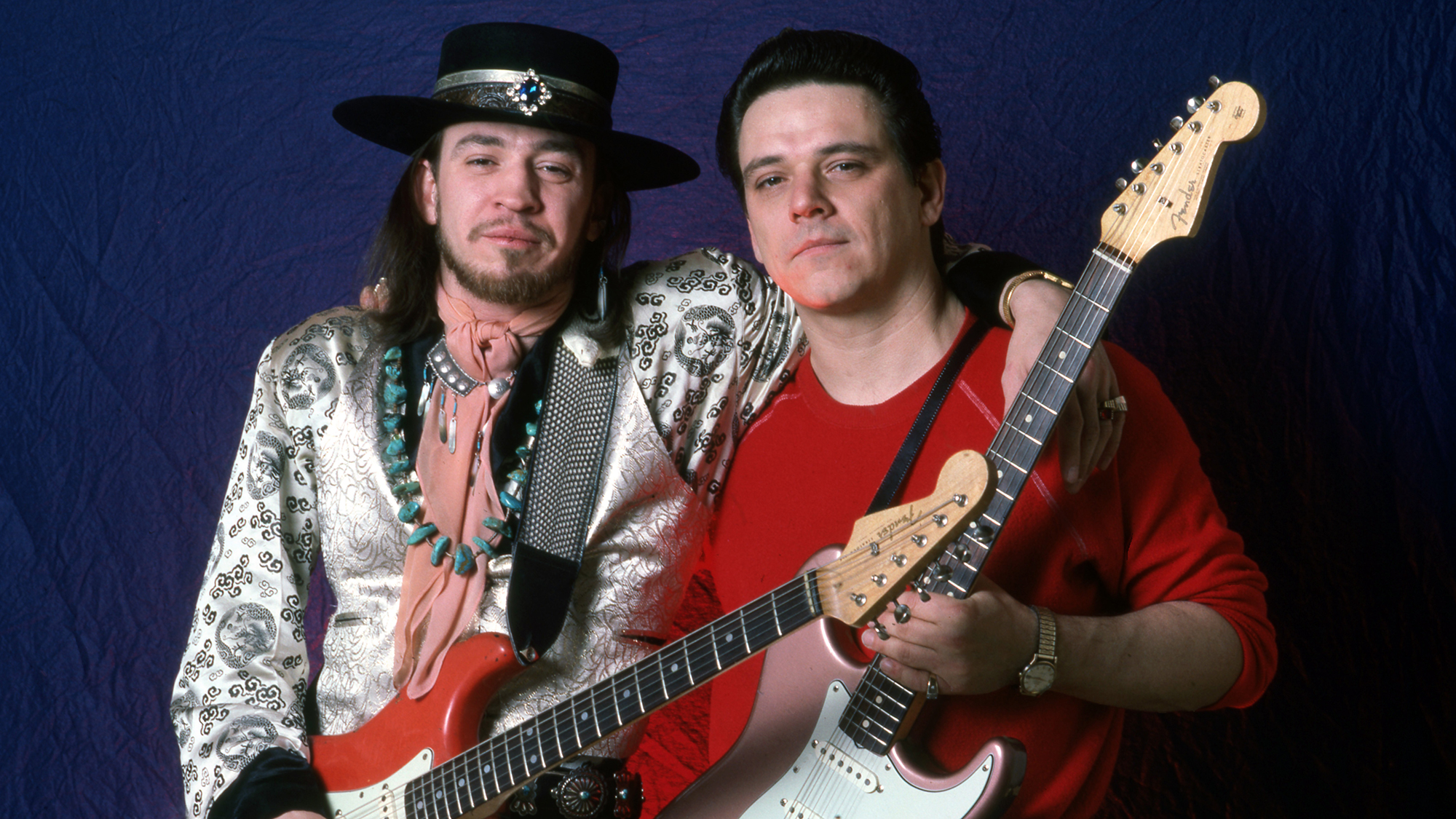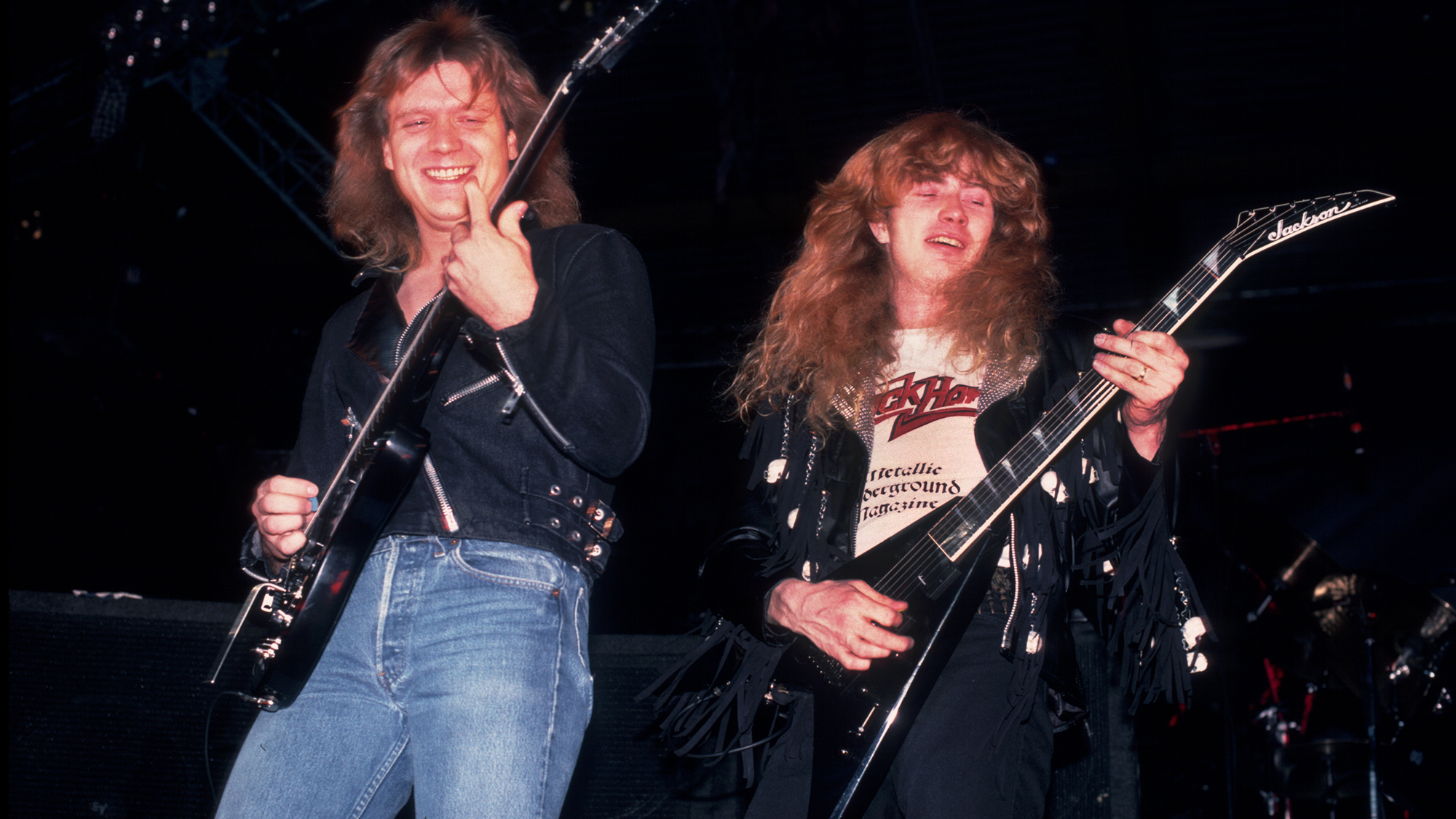“Unlock the full tonal potential of your bass”: Fender’s Cobalt Chrome pickups will breathe new life into your Jazz or Precision bass – but developing an all-new bass pickup design wasn’t easy
Voiced by tone titan Tim Shaw, Fender's latest Jazz and Precision bass pickups look to help reduce noise and add extra flair to your low-end tone
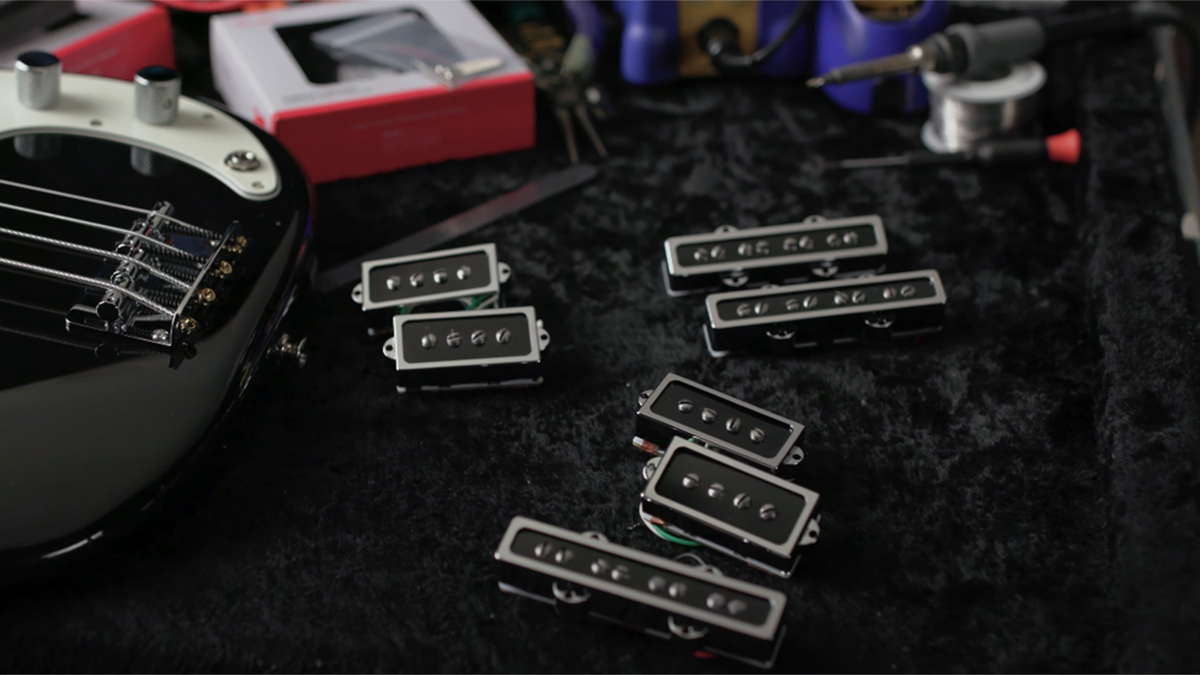
Fender has expanded its arsenal of bass pickups by launching a trio of Tim Shaw-voiced Cobalt Chrome pups compatible with its Precision Bass and Jazz Bass models.
As was the case with the Big F’s Cobalt Chrome electric guitar pickups from last year – which were designed for Telecasters and Jazzmasters – this collection sets its sights on solving all your 60-cycle hum woes, comprising a magnetic combination that may “help eliminate” those pesky unwanted noises.
Using a proprietary blend of a FeCrCo magnet, the pickups not only help reduce hum, but also promise to “bring a new voice and attitude to your instrument”. Namely, they hope to provide “added punch, hi-fi clarity and dynamic range” while retaining the models’ traditional tones.
That means the Cobalt Chrome P Bass set looks to harness the “sweet low-end thump” produced by original Precision instruments, while the Cobalt Chrome Jazz Bass set is tasked with maintaining the platform’s classic “transparency and midrange growl”.
The two standalone Precision and Jazz sets are joined by a third offering, which combines both the split-coil of the P Bass with the single-coil of the J Bass.
Shaw – Fender's resident tone guru – took a deep dive into the new collection in the launch video above, during which he recalls the meticulous efforts he went to in order to perfect the Chrome Cobalt bass pickups.
“I’ve been a P Bass player most of my life, so when I started doing a new bass pickup it was a little daunting,” he says. “This is a sound I am literally hardwired to hear and feel. It’s a sound that sits very well in the mix everywhere.
Get The Pick Newsletter
All the latest guitar news, interviews, lessons, reviews, deals and more, direct to your inbox!
“The challenge was not to lose that, but also to bring something else to the party. I ended up with a voicing which still has that very solid attack, and it’s got a little extra something up top. It responds very well to your touch, it’s every even all the way up and across the neck.”
That ethos of honoring the source material but building upon its legacy spans across all sets that Shaw voiced. However, as Fender’s chief engineer recalls, piecing together these three sets wasn't easy.
“I am very happy with the way the set came out,” he adds. “It did not come easily, I will tell you that.
“I take this really seriously. Things have to be musical, they have to make musical sense, and they have to be something where guys like Leo [Fender] would have listened to them and said, 'Yeah, that's good.' I never forget that. I can't forget that.”
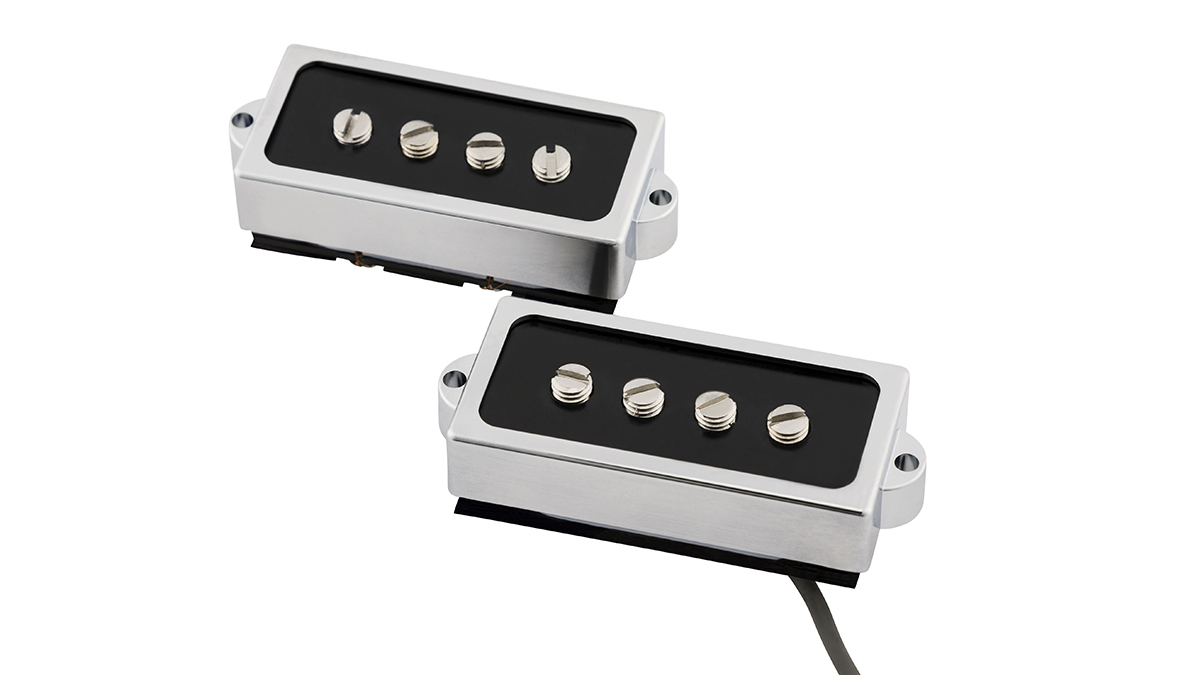
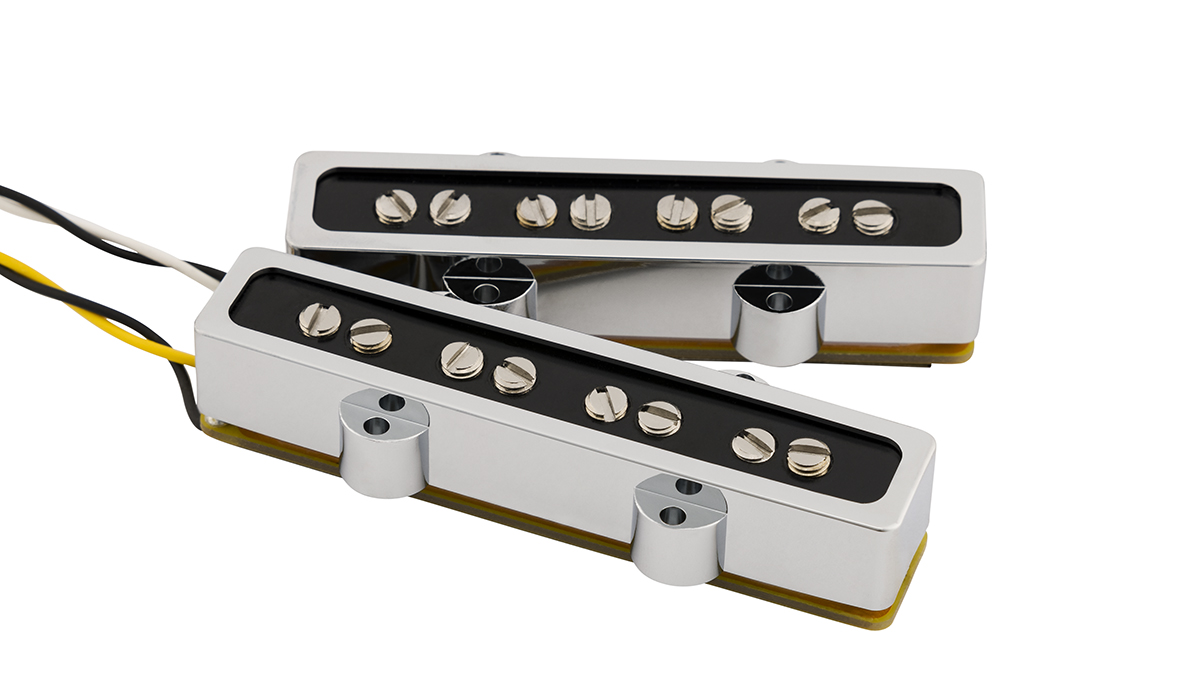
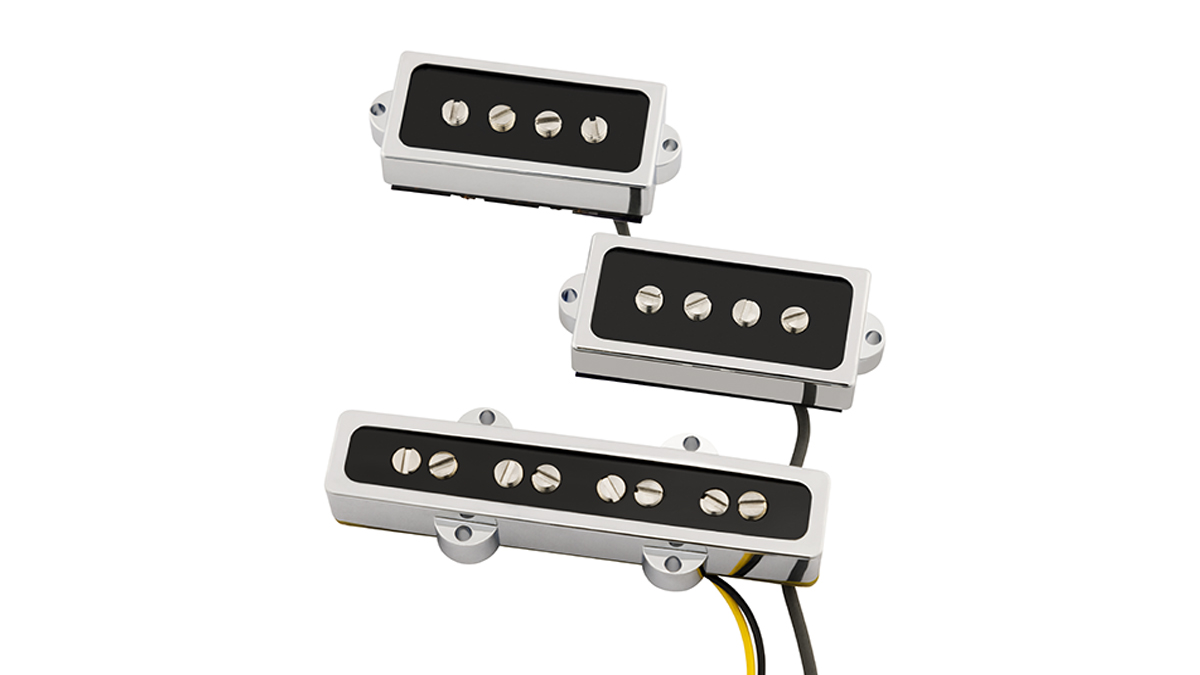
Despite the differing sizes, the construction of each pickup remains fairly consistent across the board. In each case, a Chrome Ring with Black Insert design – as well as Formvar-coated wire – is utilized.
The Cobalt Chrome bass pickups could have a pretty sizable impact for bassists. After all, the guitar equivalents were met with a warm reception from anyone pitted against 60-cycle hum troubles. That, and these new units sound really, really good.
Price-wise, the Jazz Bass and P Bass sets will be available for $299 and $249, respectively. The P/J Bass, meanwhile, will list for $349.
To find out more, head over to Fender.

Matt is the GuitarWorld.com News Editor. He has a Masters in the guitar, a degree in history, and has spent the last 16 years playing everything from blues and jazz to indie and pop. When he’s not combining his passion for writing and music during his day job, Matt records for a number of UK-based bands and songwriters as a session musician.
“Classic aesthetics with cutting-edge technology”: Are Seymour Duncan's new Jazzmaster Silencers the ultimate Jazzmaster pickups?
“We’re all looking for new inspiration. Some of us have been playing humbuckers for a long, long time”: Are we witnessing a P-90 renaissance? Warren Haynes has his say




